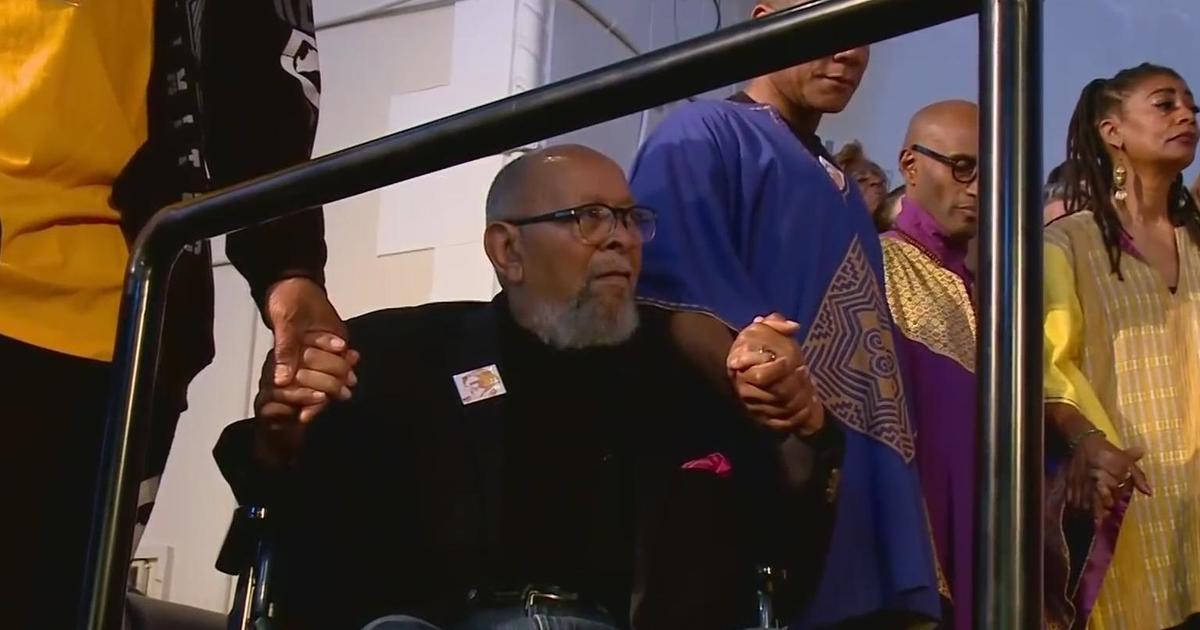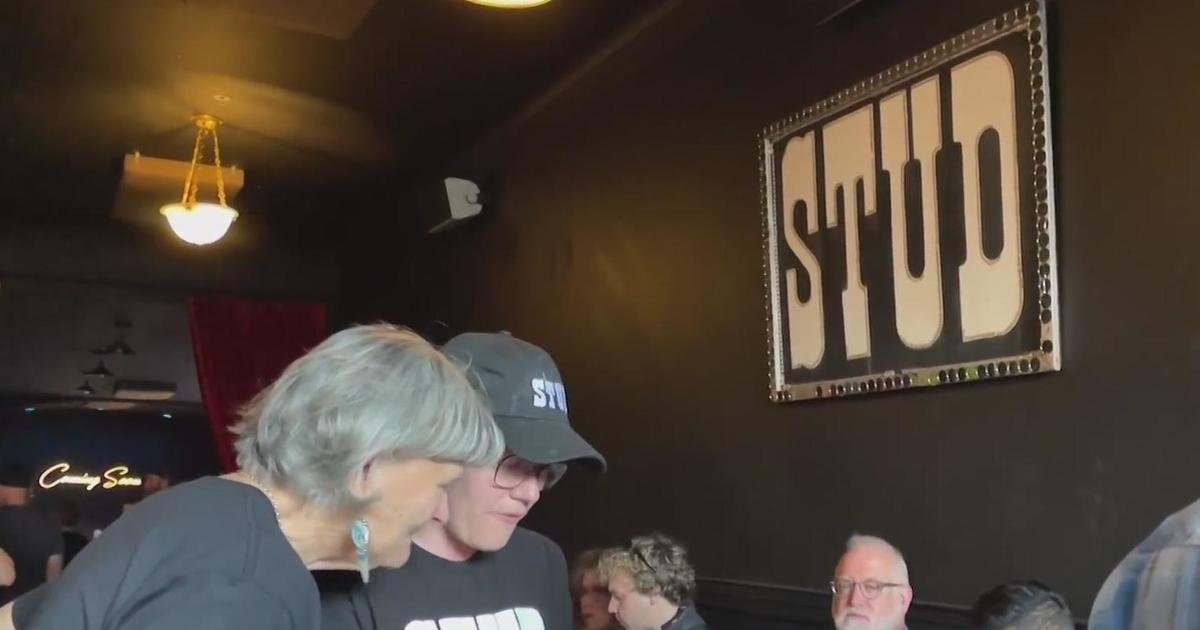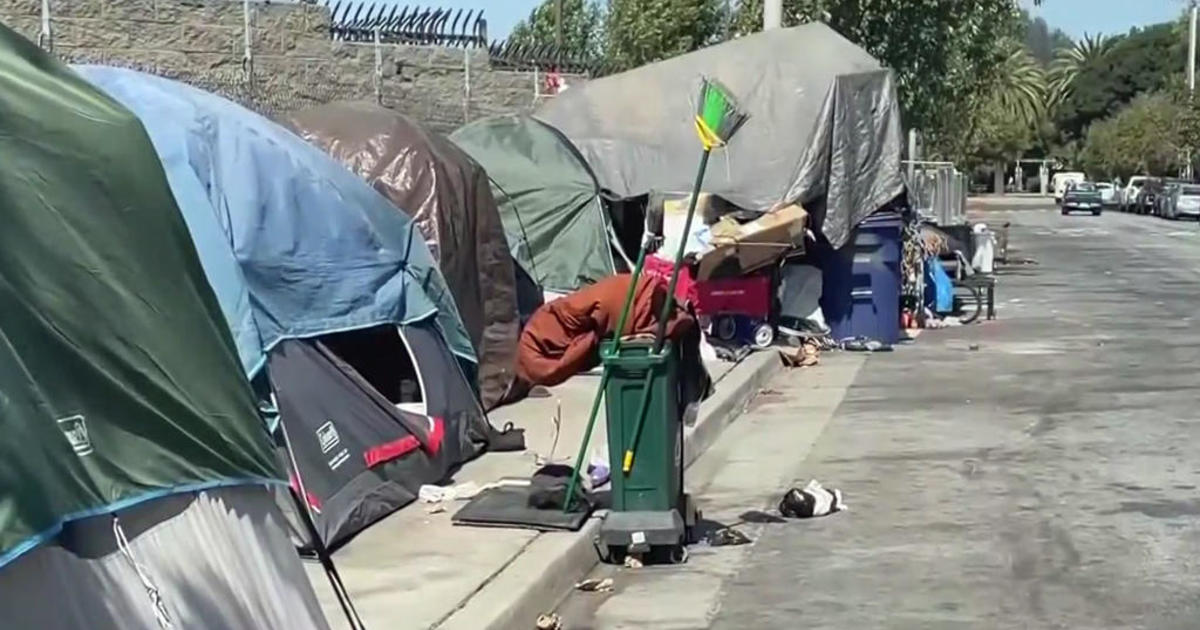California High Court: Merchants Can't Ask Customers For ZIPs
SAN FRANCISCO (AP) -- The California Supreme Court ruled Thursday that merchants can no longer ask for the ZIP codes of customers who make purchases with credit cards because such requests violate a state consumer-protection law.
The high court's unanimous decision, which says a ZIP code can be used as "personal identification information," overturned two lower court decisions tossing out the lawsuit. It delivered retailers in California a setback that an attorney for one national chain said would likely lead to additional lawsuits.
The decision Thursday came in a lawsuit filed against Williams-Sonoma Inc., whose clerk asked Jessica Pineda for her ZIP code several years ago. Pineda sued the home retailer in June 2008, saying it violated the credit card law and her privacy.
"It's a terrible decision," said Bill Dombrowski, president of the California Retailers Association, which filed a friend-of-the-court brief on William-Sonoma's side.
Dombrowski said it's too soon to know how disruptive the ruling will be to businesses that routinely require patrons to supply their ZIP codes to authorize a transaction.
"It's fraud prevention." said Dombrowski, who added that not all California merchants make the request.
William-Sonoma and many other merchants said they ask for ZIP codes, in part, as a security precaution.
Supreme Court Justice Carlos Moreno, writing for the full court, said the ZIP code is part of a customer's address, which the California law explicitly categorized as off-limits.
"First, a ZIP code is readily understood to be part of an address; when one addresses a letter to another person, a ZIP code is always included," said Moreno, who is retiring later this month. "Otherwise, a business could ask not just for a cardholder's ZIP code, but also for the cardholder's street and city in addition to the ZIP code, so long as it did not also ask for the house number. Such a construction would render the statute's protections hollow."
The Supreme Court said that Williams-Sonoma recorded Pineda's ZIP code in an electronic cash register, which was fed into the company's central database. From there, it used software to match the customer's name and ZIP code with her undisclosed address, information it can use to market its own products and sell to other businesses. That's why the Supreme Court ruled that acquiring a customer's ZIP code violated the California law.
"This really bolsters and further protects the privacy rights of California consumers," said Gene Stonebarger, Pineda's attorney. Stonebarger said not all retailers who request ZIP codes will have to stop the practice.
He said gas stations that require ZIP codes be entered at the pump are exempt because the gas station "doesn't record the transaction." Stonebarger said that information is sent directly to the banks and credit card companies as a security measure and those transactions won't be affected.
The Supreme Court returned the case to the appeals court for further action, which could include assessing damages. Merchants can be fined up to $250 for a first time infraction and as much as $1,000 for additional violations.
Mike Burns, who represents the retailer Michaels Stores in a similar lawsuit said that several class action lawsuits on the ZIP code issue are pending throughout the state. He predicted more will be filed because of the ruling.
"It's going to have a significant impact on California retailers," Burns said. He also said that it's still an open legal question over whether merchants can ask for similar information when patrons are paying with cash, debit cards and gift cards.
(© 2011 The Associated Press. All rights reserved. This material may not be published, broadcast, rewritten or redistributed.)



